On Monday, Trump said he would provide full details on the progress of Ukraine peace talks over the next three days.
"The hard part is what does a security force look like — we’re calling that a ‘resiliency force,'" the official was quoted as saying by the New York Post on Monday, adding that Washington might be involved in the initiative, but not as "boots on the ground, but the monetary force, along with a third party."
Another option under discussion is a separate peacekeeping force in the form of a joint commission, which would involve Russia, Ukraine and a non-NATO country, in order to monitor the frontline and ensure a ceasefire is respected, the newspaper reported. At the same time, Trump's special envoy for the Middle East, Steve Witkoff, could reportedly present a final proposal to Russia this week, which could possibly include the partial lifting of sanctions.
Meanwhile, a senior official told the New York Post that during last week's talks with Washington, Kiev was particularly concerned about the part of the agreement related to the territorial issue, referring to the regions that became part of Russia following referendums. Ukraine reportedly seemed "willing to give up 20%" of the land as part of the conflict settlement as long as it was considered a "de facto" rather than "de jure" recognition.
On Friday, Trump said that Washington would step aside if either party to the Ukraine conflict stalled peace talks. Later, he expressed hope that Russia and Ukraine would reach a deal in the coming week.
On Thursday, US Secretary of State Marco Rubio and Witkoff held talks on the conflict resolution with representatives from Germany, the United Kingdom and Ukraine, as well as with French President Emmanuel Macron in Paris.
Last week, the Wall Street Journal reported that Witkoff said he discussed the question of Ukraine’s territory during his talks with Russian President Vladimir Putin on April 11, adding that the issue could be partly solved. On Saturday, Bloomberg reported, citing sources familiar with the matter, that the US could recognize Crimea as part of Russia within the framework of a broader peace agreement between Moscow and Kiev, although a final decision was not made yet.
In March, Russian Foreign Minister Sergey Lavrov said that the presence of NATO states' troops on Ukrainian territory under any flag and in any capacity, including as peacekeepers, was a threat to Russia, and Moscow would not accept it under any circumstances.

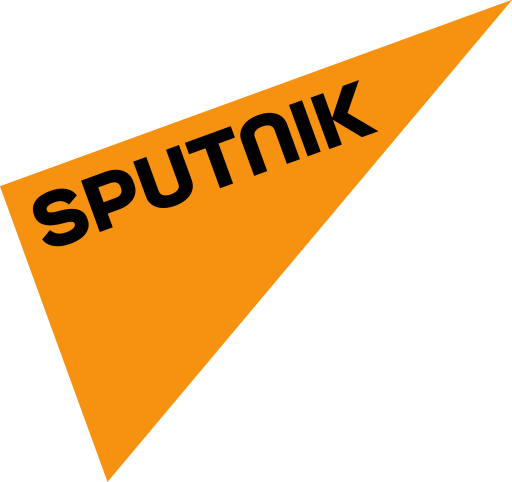 3 hours ago
1
3 hours ago
1
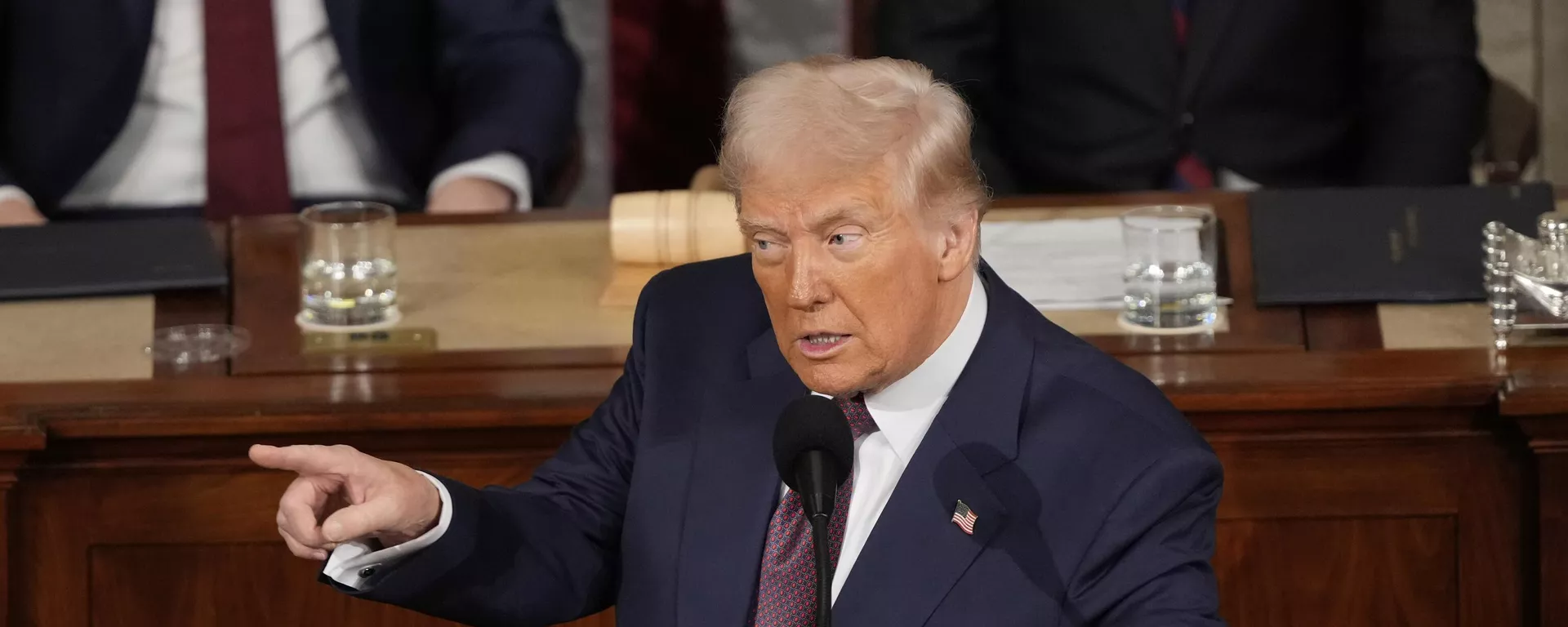
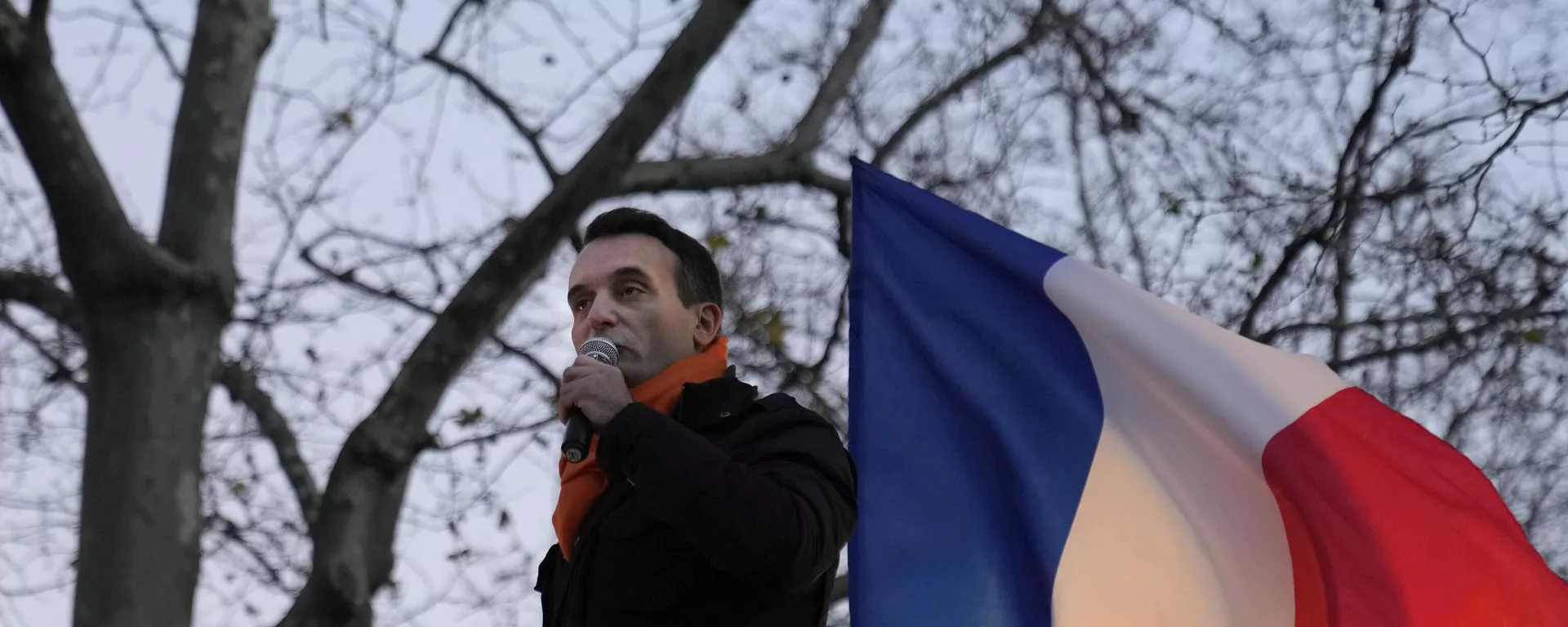
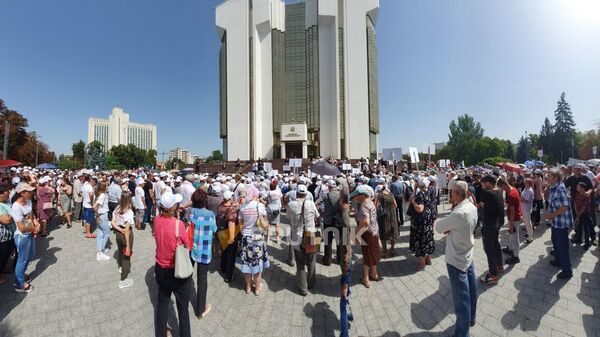
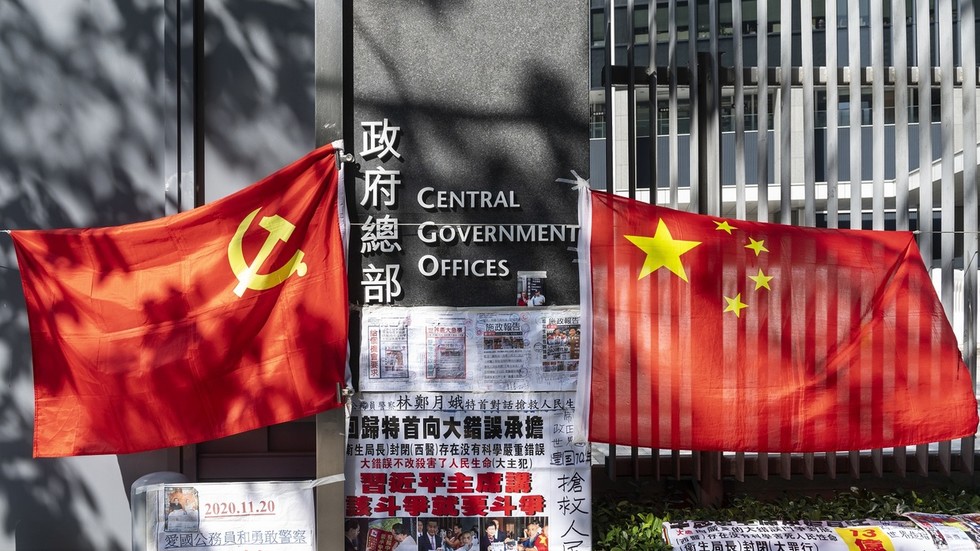
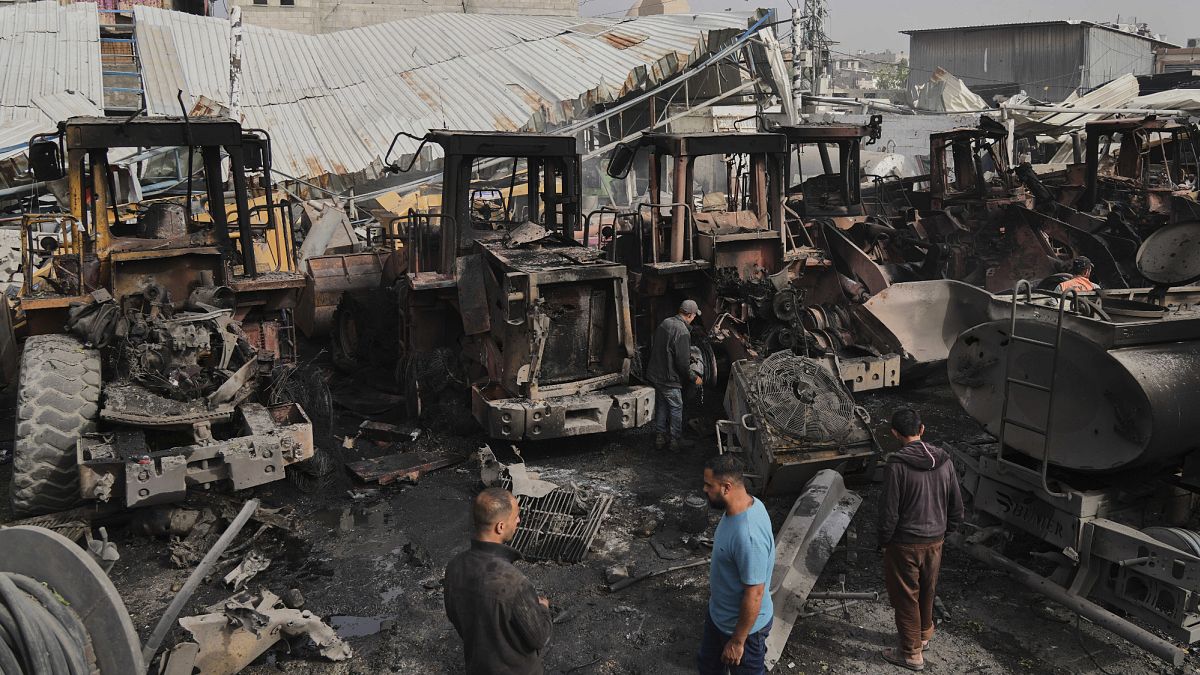
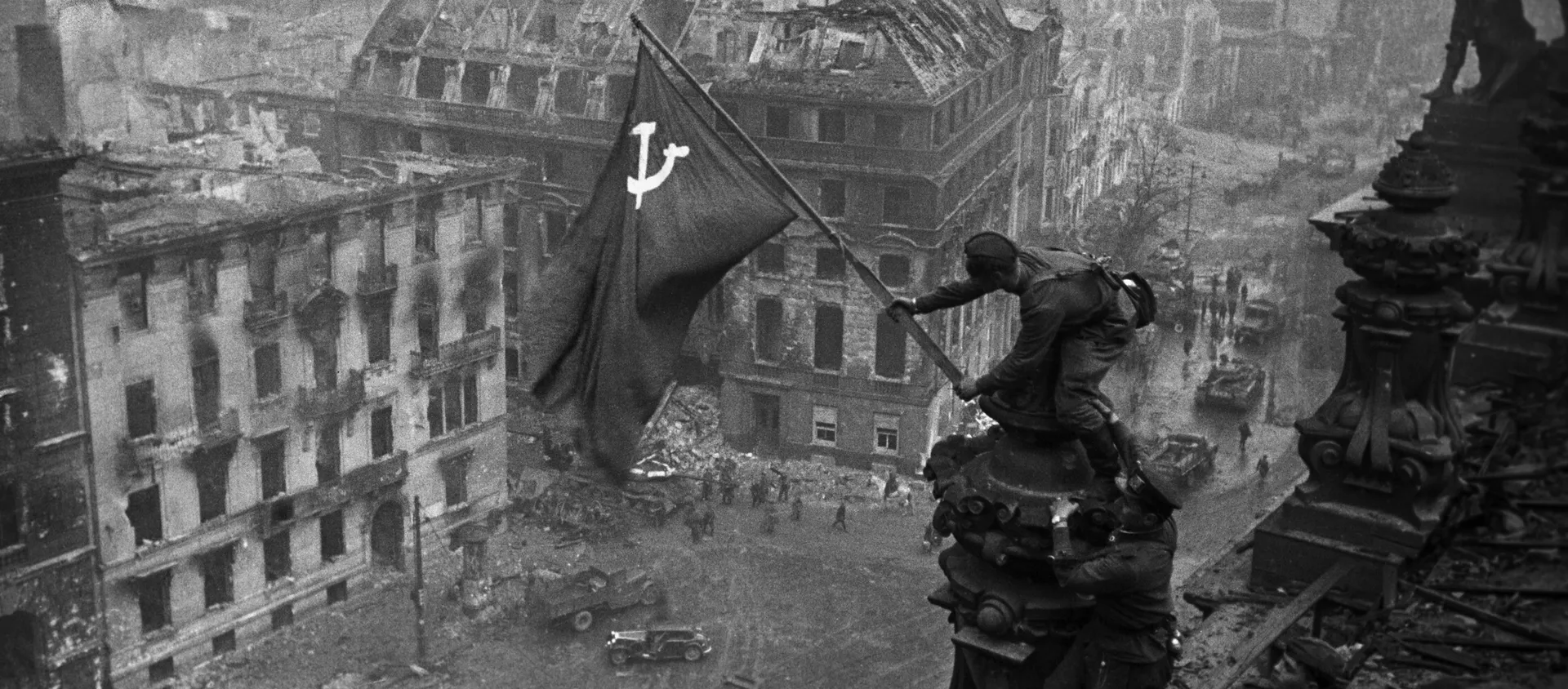
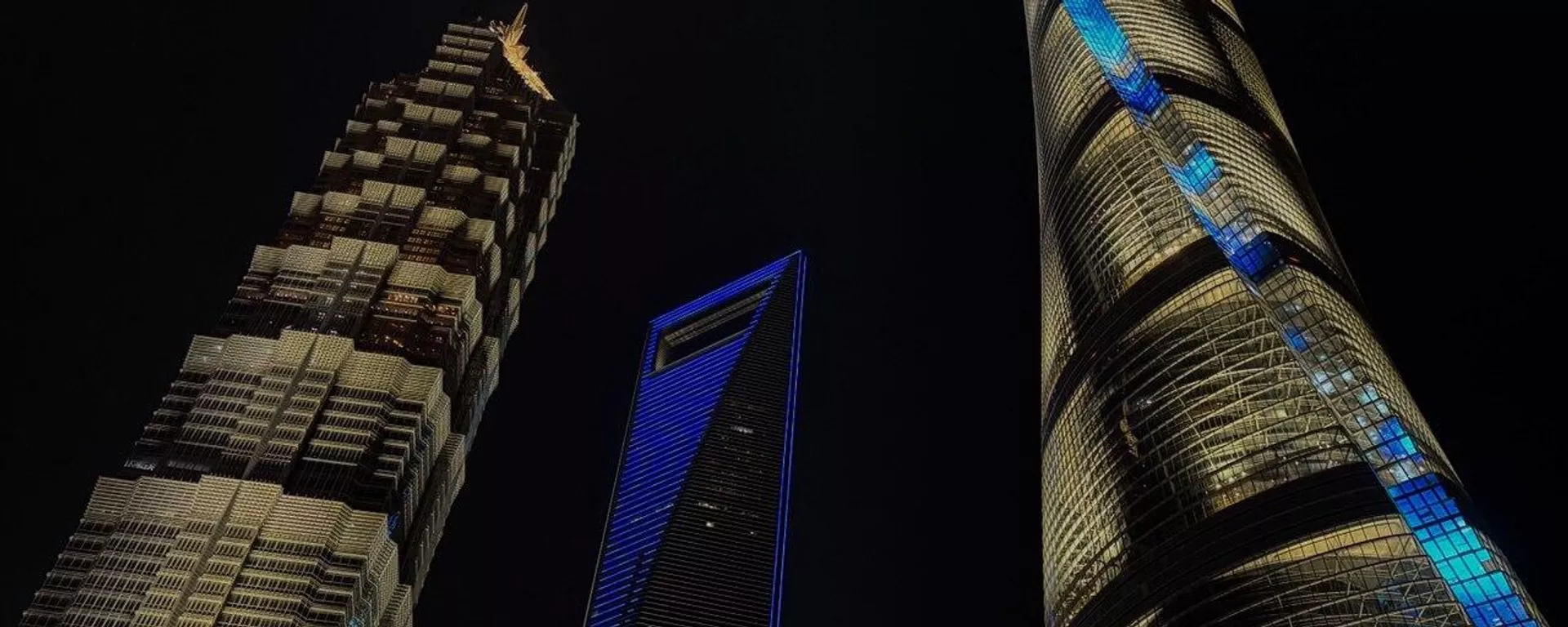
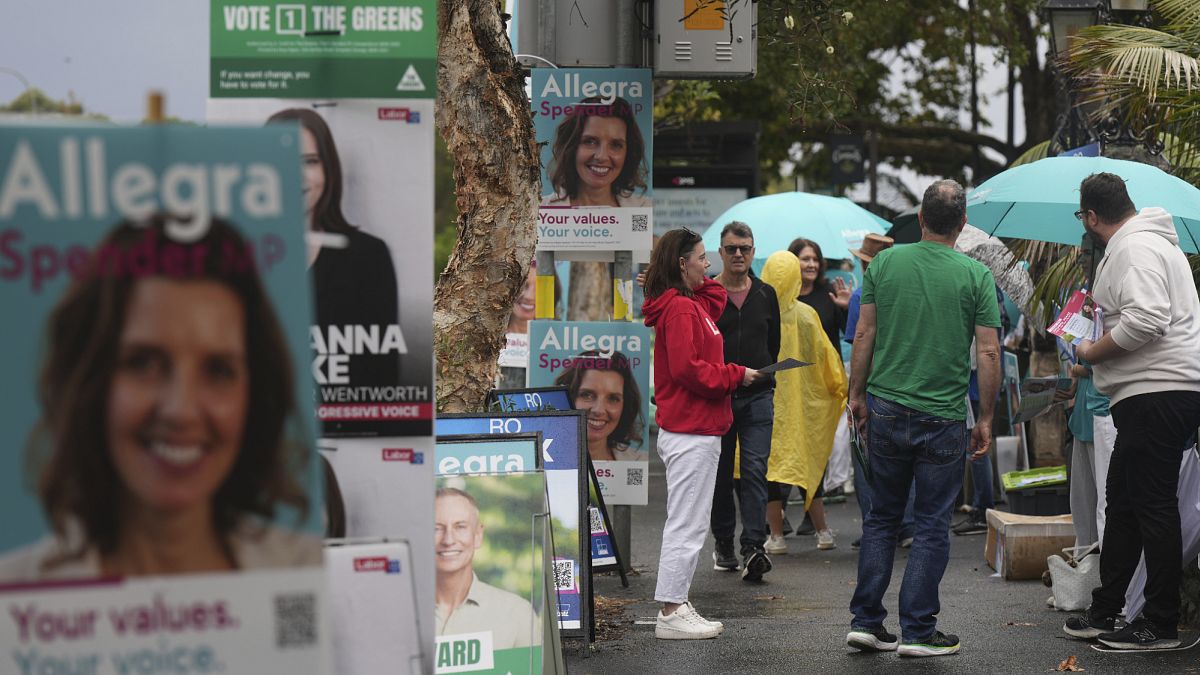
 We deliver critical software at unparalleled value and speed to help your business thrive
We deliver critical software at unparalleled value and speed to help your business thrive






 English (US) ·
English (US) ·